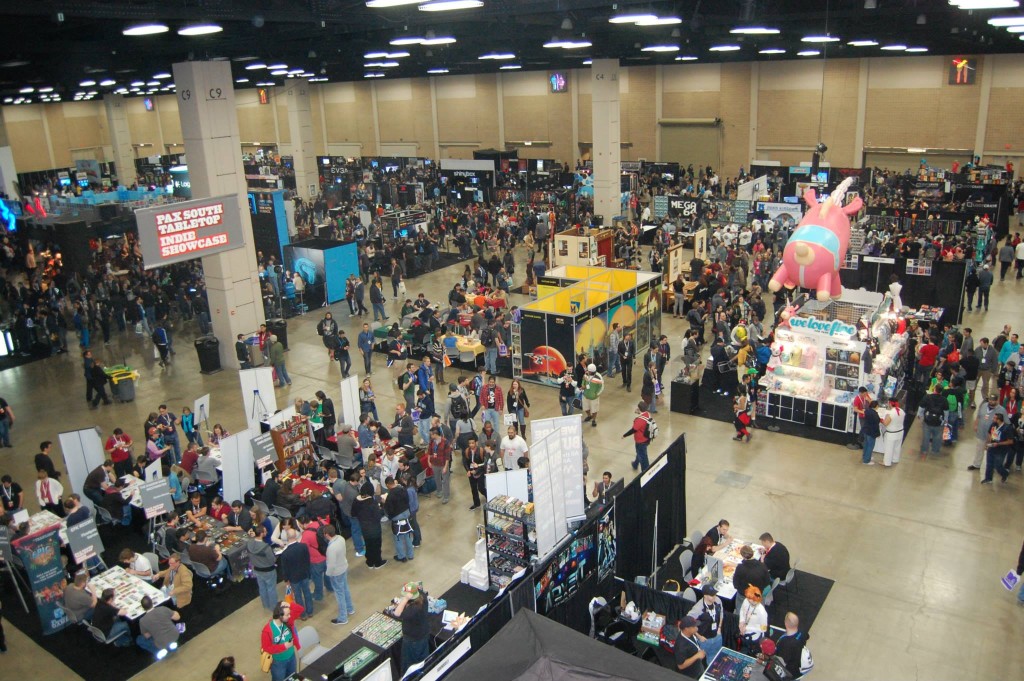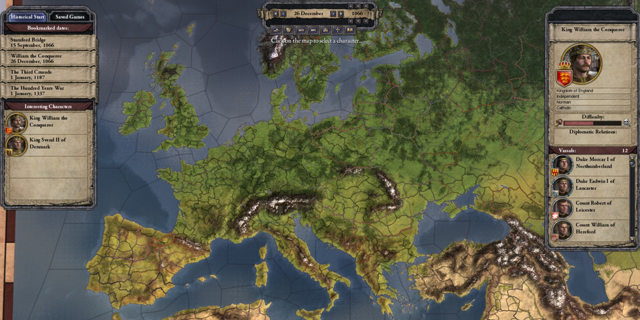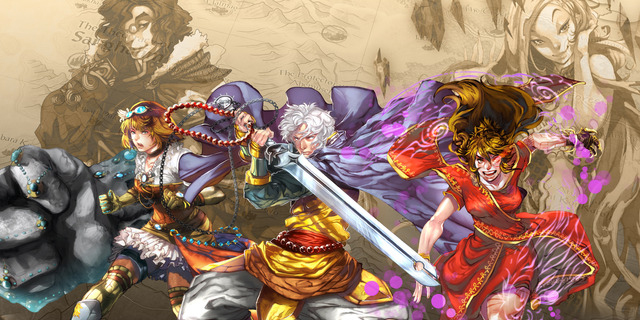
Do you like games? Notice that I didn’t say “video games” or “board games” here, and that’s intentional. If you like games, that’s it, really, and games that appeal to your sensibilities can be delivered to you through screen or cardboard just fine. This is how it is now, though at least in North America, it’s taken a while to get here.
Why has it taken so long? That’s probably because American players have been raised on what, frankly, are truly terrible board games. Monopoly? The Game of Life? Sorry!? If you haven’t given the medium a shot, it’s probably because you played games like these. What if the only video games you played were Flappy Bird, E.T. and Fuzion Frenzy 2? You’d probably come to the conclusion that video games are not worth your time. Well, that’s what happened with board games.
Now, of course, much better games are experiencing a surge in popularity, enough to reach out of hobby shops and show up where the rest of the world can see them. Japan is experiencing this roughly concurrently with us — similar to the digital equivalent, Japanese designers are quickly making a name in the hobby game space — but Europe has had the luxury of games like The Settlers of Catan for quite a while. And you’ve been reaping the benefits, too, though you may not have known it. Some of the best work in the strategy and simulation space has been out of the area surrounding tabletop hub Germany, and that’s because these teams have had life-long training in legitimately good systems design.

On the expo floor at a show like PAX South 2015, it’s clear that we’ve caught up briskly. Just a few booths down from Nintendo and Twitch were Mayfair and Greater Than Games. The PAX Indie Showcase was exclusively board and card games this time, but it certainly still felt like the PAX Indie Showcase.
It’s not just at these shows, either; we’re seeing more and more cross-pollination, both from conversions (like digital Ticket to Ride and tabletop XCOM) and from hybrid originals (like Hearthstone and BattleCON). Each can benefit from the other. Carcassonne, one of the most well-regarded modern classics in the board game space, is in many ways a better game on iOS, as its weakest element — its scorekeeping — is handled automatically. The idea of asymmetrical match-ups has been refined countless times in fighting video games, and that balance knowledge goes into games like Puzzle Strike.
So don’t let the medium stop you from playing games you’d enjoy, because (though it’s important for designers to pick the appropriate one for the game), from a play perspective, you should be able to have fun with both. If you like social games like Velvet Sundown, you should really be playing Fiasco. If you’re about reflexes and coordination, maybe a game like Diner or PitchCar is for you. If you like the epic empire-building of Sid Meier’s Civilization, you should really be playing tons of board games already, and you probably don’t need any convincing. These aren’t suggestions for how to get from one type of game to another; they’re already your type of game, so you shouldn’t ignore them.

If you haven’t given modern board games a shot, I’d recommend perusing Chris Ingersoll’s Gaming Unplugged archive and stopping and reading up on whatever strikes your fancy. You may find your new favorite game doesn’t have keys or buttons.



















